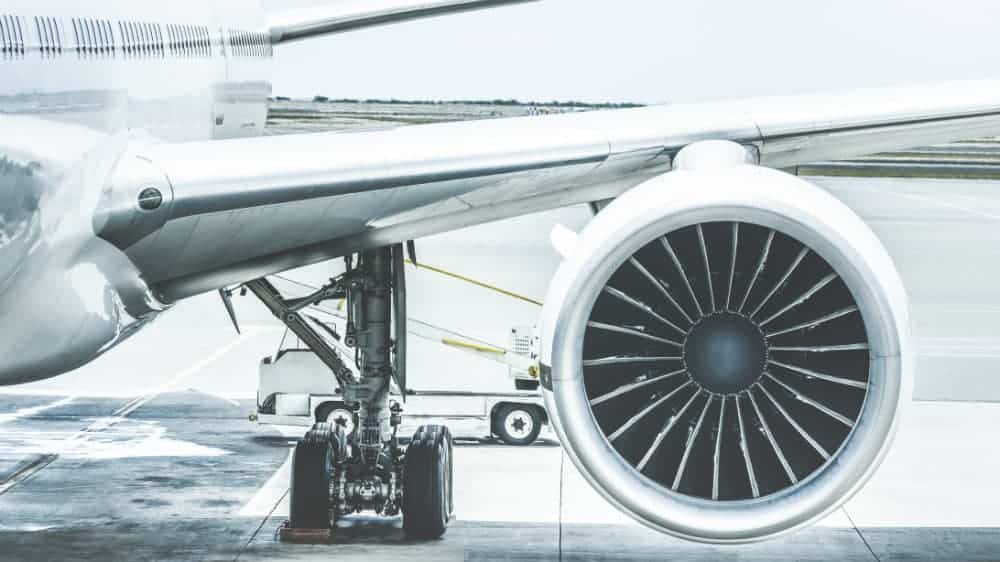Shares of Canada-based air cargo services provider, Cargojet (TSX:CJT) are down 5% in early market trading after the company announced its third-quarter results. Cargojet reported sales of $189.5 million compared to year-ago sales of $162.3 million. However, its gross profits fell to $54 million from $58.3 million, while adjusted EBITDA stood at $70.9 million compared to $69.8 million in Q3 of 2020.
A key reason for the company’s lower gross margin is rising fuel costs. In Q3, fuel costs stood at $31.7 million compared to just $11.8 million in the prior-year period.
Cargojet reported an adjusted loss of $0.74 per share compared to a loss of $1.31 per share in the prior-year period. Bay Street forecast the company to report revenue of $177.35 million and adjusted earnings of $1.31 per share in Q3. We can see that while Cargojet beat top-line estimates, it missed earnings by a significant margin, resulting in a selloff today.
Key financial metrics in Q3
Cargojet’s revenue grew by 16.8% year over year in Q3 due to strong performance from its ACMI line of business, which increased sales by 21%. The company also emphasized that it continues to diversify its portfolio, as domestic network revenue in Q3 accounted for less than 42% of sales compared to 54% in Q3 of 2019.
Despite growth in revenue, Cargojet’s adjusted free cash flow fell to $51.1 million in Q3 compared to $59.3 million in the prior-year period.
Cargojet explained that supply chains across ocean and ground transportation networks were clogged in several global markets, providing opportunities for air cargo. These trends were reflected in its ACMI business and are forecast to continue into the holiday season of 2021.
Cargojet president and CEO Ajay Virmani stated, “As economies and businesses re-open, consumers are keen to step out and experience in-person shopping. But our longer-term outlook for e-commerce remains strong, particularly given the dramatic uplift in digital adoption over the past 18 months.”
Cargojet enjoys a wide economic moat
Cargojet is Canada’s leading provider of domestic air cargo services. It operates a domestic network air cargo co-load network between 15 major Canadian cities and provides aircraft to customers on an ACMI (aircraft, crew, maintenance, and insurance) basis. The company operates scheduled international routes between points in Canada, the U.S., Europe, and Mexico, transporting time-sensitive air cargo by utilizing its fleet of all-cargo aircraft.
In August this year, it completed a strategic minority investment and acquired a 25% interest in 21Air. Cargojet also inked a new air transport agreement with Amazon Canada in April 2021. Here, Cargojet will expand upon its existing commercial relationship with the e-commerce giant and will operate two Amazon-owned aircraft on a CMI basis. Cargojet expects the agreement to generate additional revenue and cash flows over time.
The company also raised $350 million in early 2021 via a public offering that allowed it to lower debt by $75 million. Cargojet aims to deploy additional capital to expand domestic capacities, purchase freighter aircraft, as well as pursue U.S. and international growth strategies.
The Foolish takeaway
A pullback in Cargojet stock allows investors to buy a quality growth stock at a lower multiple. Bay Street expects the company to increase sales by 6% to $709.52 million in 2021 and by 9.4% to $776 million in 2022.



